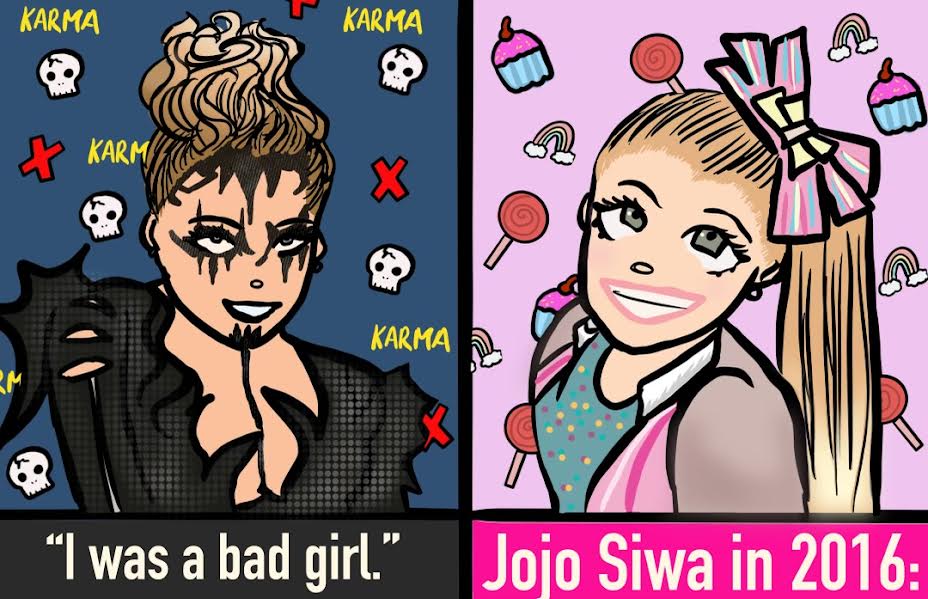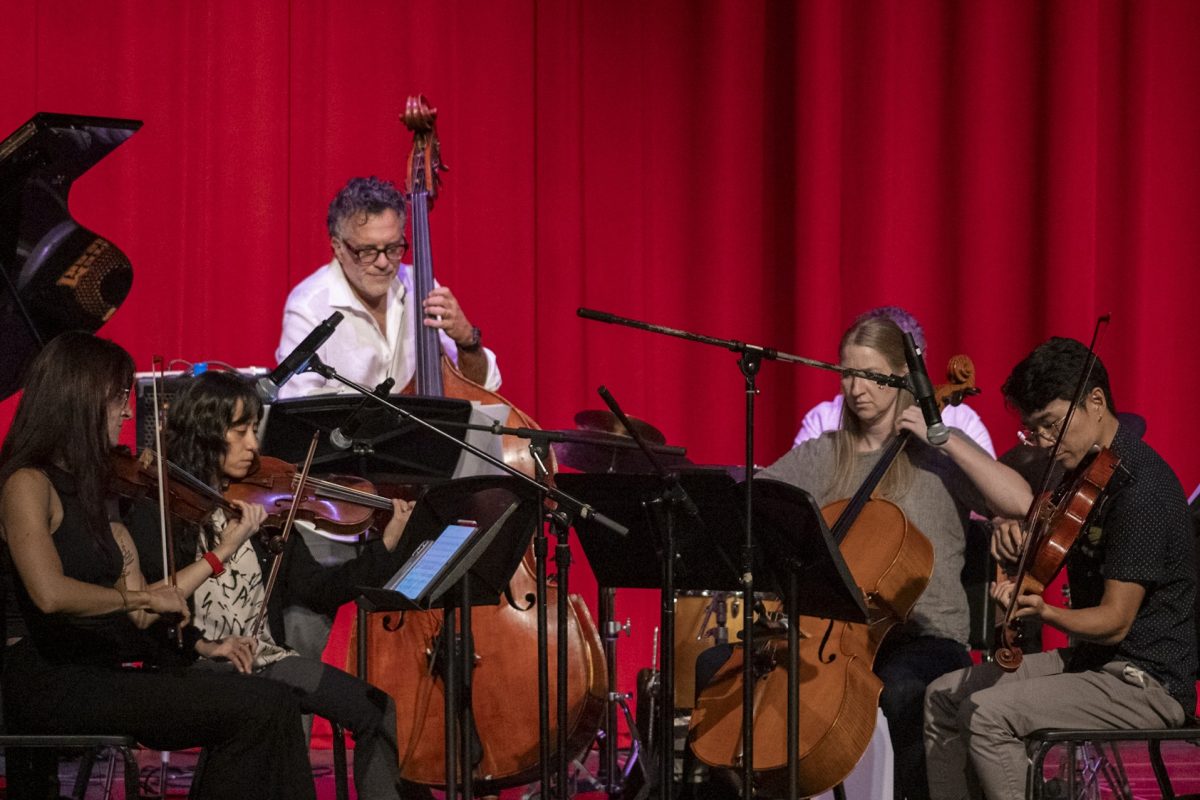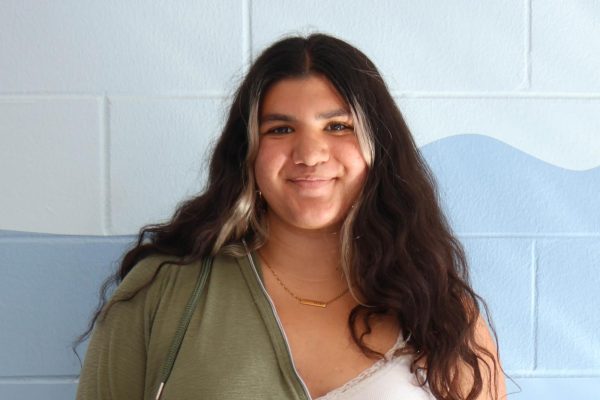Becoming famous remains a dream for many people. Before, that dream became a distant thought that was unattainable for many, but then social media appeared. Social media made it easy for ordinary people to become regular content creators. Although this is an amazing opportunity and it changed the lives of many people, there are also drawbacks. Social media is not effectively age-restricted, so it also gives children the urge to rise to fame – or worse – parents a platform to exploit their children. Children do not have a completely developed frontal lobe, the part of the brain responsible for impulse control and decision making. This is why alcohol has an age requirement of 21. Technically, the frontal lobe does not finish growing until age 25. There is no easy and effective way to restrict age on social media. Despite age limits on app descriptions, many minors make videos that will be out there forever.
The unfortunate truth is that more than half of the creators on TikTok are the demographic of under 25. From visual artists to musical artists, many of them are young people trying to get their work out there. Someone’s first anything won’t be good, but because people on TikTok already have this expectation of quality from an app that is constantly learning to push videos that cater to your tastes, they won’t respond kindly to a deviation in that algorithm. This could lead to overly harsh criticism that turns to straight-up bullying.
Unlike these new artists and content creators, a difference about celebrities is the fact that they have had time and training to become “good.” If you take a look at celebrity Selena Gomez, her first songs date back to 2011 when she was on Disney. Her peak in fame (before her recent comeback) was in 2016, so she had five years to practice and improve her craft. Social media stars, especially children, do not have this gap in order to improve. Their first attempt at producing amazing content for an often mean and judgemental audience is publicized, and usually becomes a joke. A specific example is the song, “Like Taylor Swift,” by Everleigh Rose. Rose is a child who gained fame through her parents’ vlogging channel “The LaBrant Fam.” In 2023, at the age of 10, she released this song. It quickly blew up on TikTok, and gained a lot of negative attention. Many people were harshly judging the child on her voice, the content of the song, her parents for allowing her to release it, or even just bashing Rose. Rose is 10; she has not had any known training for something like this, but her parents knew this would blow up and give them attention. The reality is that 10 year olds should not be releasing music onto social media for fame.
Another extremely popular example as of right now is singer and dancer Jojo Siwa. She was coddled as a child star and never had the chance to truly grow up and experience things as a kid, constantly being surrounded by cameras. Siwa debuted on the screen first in 2015 at nine years old on TV show Dance Moms. Constantly surrounded by cameras and lights can only have negative effects on someone. Siwa didn’t have a “normal” childhood and doesn’t know how to grow up. This resulted in her essentially cosplaying as an adult for her Karma music video, making it overly sexual and compensating with actions that are a child’s interpretation of an adult.
Another effect of the growth in social platforms is the amount of attention garnered by content creators. Some influencers have surpassed those who worked for years on acting and singing to gain fame. It has become easier to gain red-carpet attention, while not putting in half the effort. It is almost laughable to turn on the TV and watch influencers walk the same carpet as long-time celebrities. Acting can be a long and arduous task that involves harsh conditions and excess force on the body with stunts. It’s not that being an influencer is easy, however there is a large disparity between the amount of work it takes to become a celebrity and the amount of work it takes to become a celebrity.
Social media is unavoidable. People will continue to produce content- whether it is good or bad. Consumers will continue to leave their opinions in the comment sections. Overall, remember to be patient with new creators on apps like TikTok, even when they are creating content that may seem atrocious. There is so much to learn from platforms such as Instagram and TikTok, so be positive while interacting with others.










